
the sense of smell
Multidisciplinary Approach and Biologics
V Edition
Barcelona, March 19-20, 2026

DIRECTORS
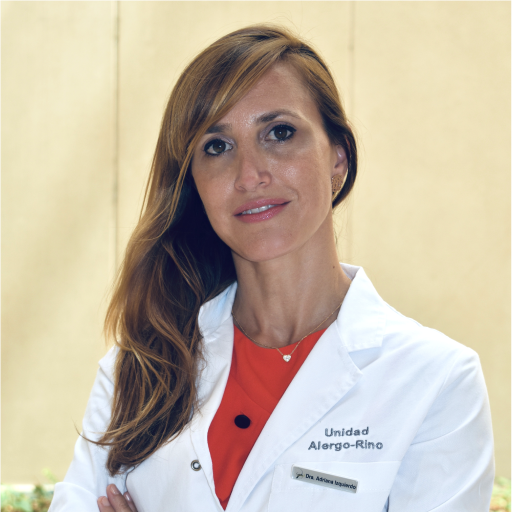
Adriana Izquierdo
CONSORCI SANITARI DE TERRASSA
CENTRO MÉDICO TEKNON
Doctor of medicine from the University of Barcelona and specialist in allergology from the Vall d’Hebron Hospital, she is an associate of the Allergology Service and coordinator of the Smell Unit of the CST, a master’s degree in hospital management and experience abroad. She is the author of book chapters, clinical guidelines, and articles in prestigious national and international journals. Since March 2020 with the start of the pandemic, she has been on the front line in the management of COVID-19 patients, and consequently she has developed clinical studies as principal investigator with COVID-19 patients and smell and taste disorders. Currently, she has expanded research on smell associated with other pathologies such as allergic rhinitis in both children and adults and the main diagnostic tools, as well as olfactory training.
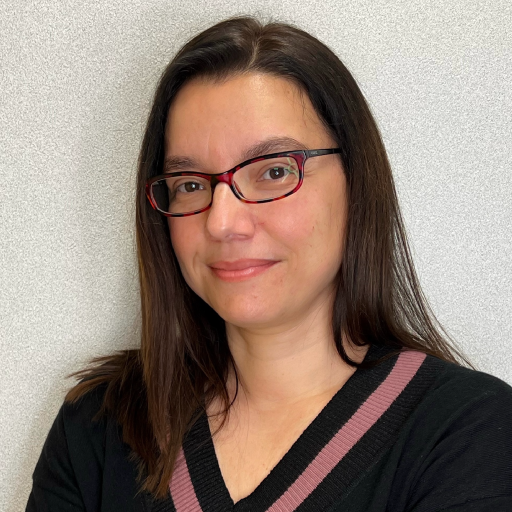
Marta Viñas
Consorci Sanitari de Terrassa
Head of the Allergy Department of the Consorci Sanitari de Terrassa. She has a PhD in Medicine from the Autonomous University of Barcelona.
Member of the Board of Directors of the Catalan Society of Allergology and Clinical Immunology (SCAIC), member of the respiratory allergy committee of the SCAIC and member of the food allergy committee of the Spanish Society of Allergology and Clinical Immunology (SEAIC). She is a full member of the Spanish Society of Pediatric Allergology and Clinical Immunology (SEICAP).
Areas of interest
- Allergic rhinitis loss of smell
- Immunotherapy.
- Bronchial asthma.
- Food Allergy.
- Hymenoptera allergy.
GUEST FACULTY
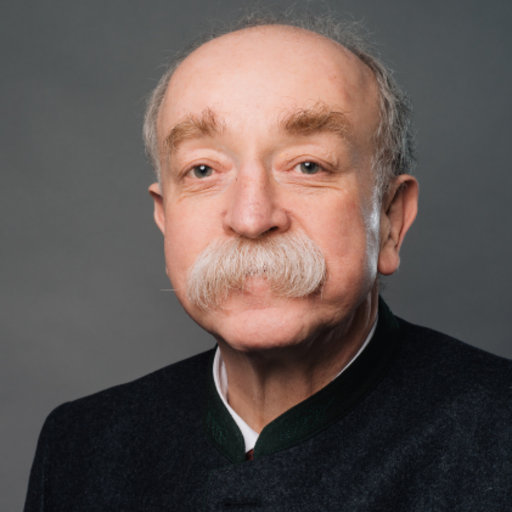
Prof. Thomas Hummel
Technische Universität Dresden, Germany
Smell and Taste Clinic
Dept. of Otorhinolaryngology
Prof. Hummel’s Personal Statement
Olfactory dysfunction is frequent; approximately 5% of the general population are without functioning sense of smell. However, despite this large number the society does not exhibit a great effort to help these people although the loss of olfactory function often results in an enormous change in quality of life. During the last years the human sense of smell has become accessible at various levels of the processing pf olfactory information. Based on information from electrophysiological (e.g., olfactory event-related potentials, recordings from the mucosa of the nasal cavity), psychophysical, and imaging techniques (e.g., PET, FMRI) patients with olfactory dysfunction can be diagnosed thoroughly, which in turn also allows to monitor effects of therapeutic interventions, such as “smell training”. One goal is to better understand the physiology and pathophysiology of the chemical senses, the other goal is to improve the diagnostics of patients with olfactory dysfunction and to ultimately develop effective therapeutic regimens for these patients.
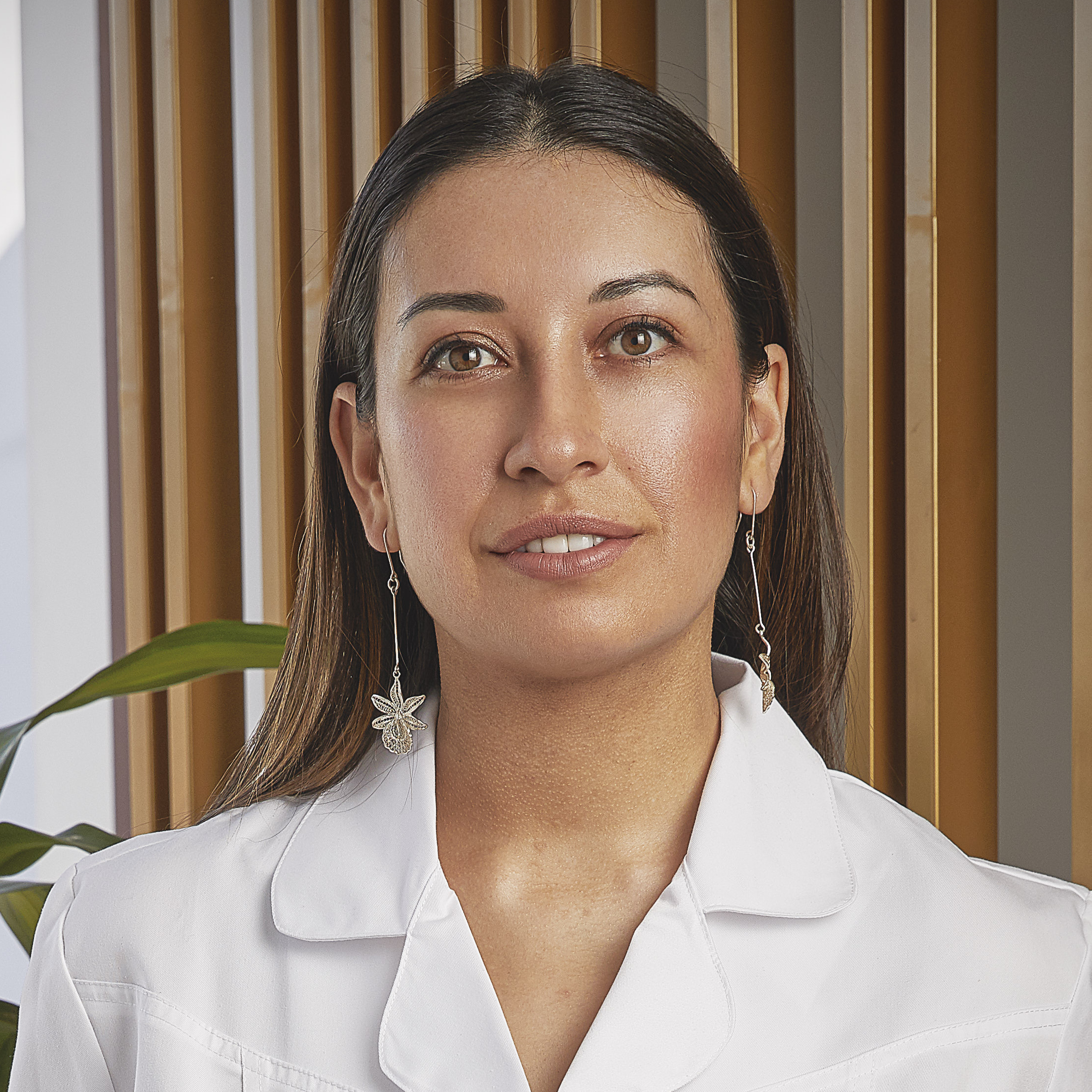
Paola Aguilera
Hospital Clínic
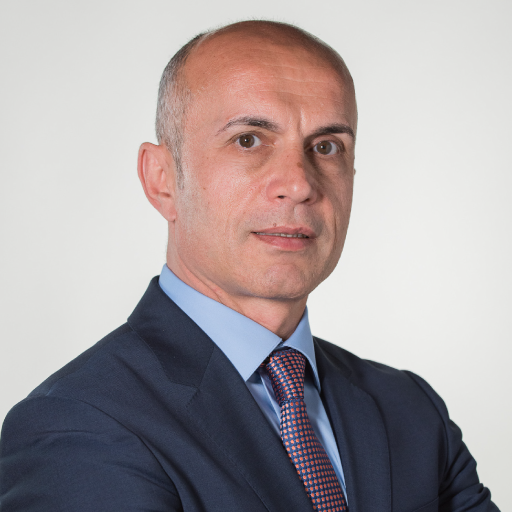
Isam Alobid
Hospital Clínic
Centro Médico Teknon
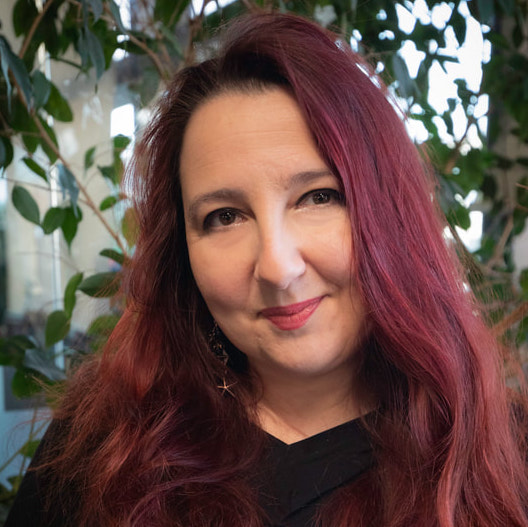
Marina Barcenilla
Academia del Perfume
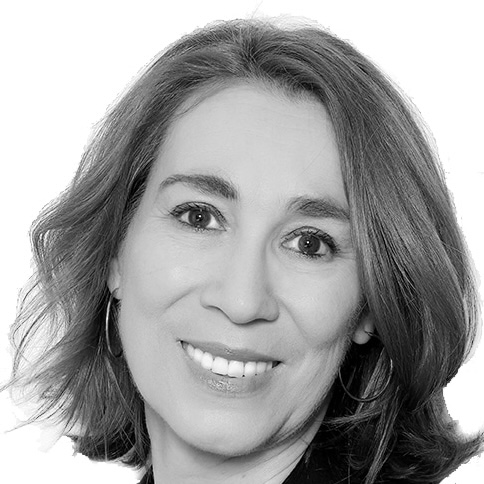
Cristina de Catalina
ACADEMIA DEL PERFUME

MONTSERRAT GÁMEZ ROMERO
Consorci Sanitari de Terrassa
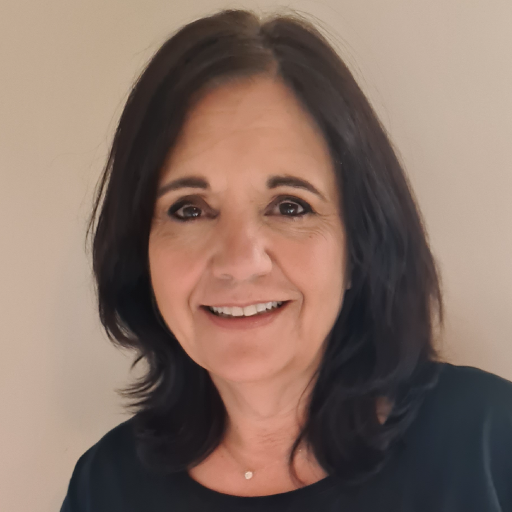
Laura López Marcaraque
Instituto Cajal de Madrid

Ángel González Wong
Universidad Autónoma de Barcelona
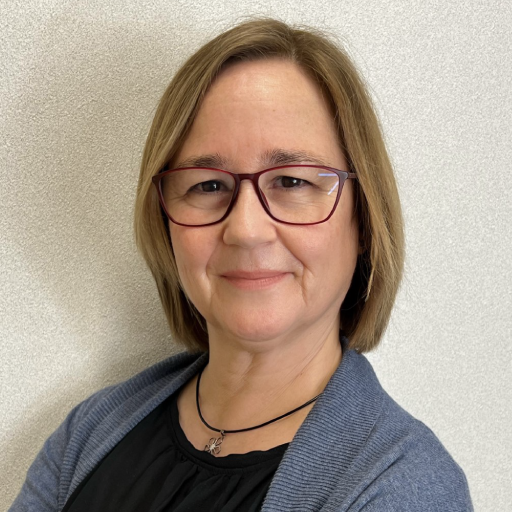
Ángeles NAvarro
Consorci Sanitari de Terrassa
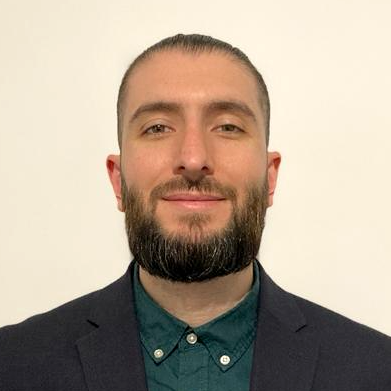
Edgar Rodríguez
DEJAVINS
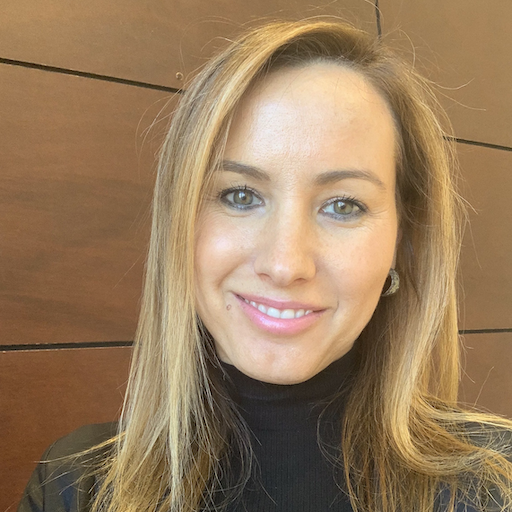
Anna Sala Cunill
Hospital Universitario Vall d'Hebron
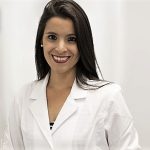
ITHZEL VILLARREAL
HOSPITAL UNIVERSITARIO DE MÓSTOLES
PROGRAM
Thursday, March 19
15:00 – 15:30
Welcome and introduction
Dr. Mónica Isart — Dr. Adriana Izquierdo — Dr. Marta Viñas
Session 1 – Moderated by: Dr. Isam Alobid and Dr. Marta Viñas
15:30 – 16:00
Innovative assessment techniques for olfactory performance
Prof. Dr. Thomas Hummel
16:00 – 16:30
Analysis of the olfactory pathways through imaging techniques
Dr. Ithzel Villarreal
16:30 – 17:00
Therapeutic strategies in olfactory rehabilitation
Prof. Dr. Thomas Hummel
17:00 – 17:30
Coffee break
—
17:30 – 18:00
Olfactory alterations in respiratory diseases
Dr. Adriana Izquierdo
18:00 – 18:30
Cranioencephalic trauma and loss of smell / Neurodegenerative diseases
Dr. Paola Aguilera
18:30 – 19:00
Effect of surgery and biologics on smell in T2 inflammation: Asthma and CRSwNP
Dr. Isam Alobid
Friday, March 20
Session 2 – Moderated by: Dr. Adriana Izquierdo
09:00 – 09:30
Computational methods in the study of smell
Dr. Ángel González
09:30 – 10:00
The smelling brain: the neuroscience behind aromas
Dr. Laura López-Mascaraque
10:00 – 10:30
Artificial intelligence in the field of olfaction
Dr. Anna Sala
10:30 – 11:00
Coffee break
—
11:00 – 11:30
Impact of smell and taste loss on quality of life. Spanish Association of Anosmia: a real testimony.
Dr. Marta Viñas
11:30 – 12:00
Multisensory culinary art
Mr. Edgar Rodríguez
12:00 – 12:30
Fragrances: strategy and creativity
Ms. Marina Barcenilla
12:30 – 13:00
“Perfume and its artistic and cultural dimension.”
Perfume Academy
Ms. Cristina De Catalina
13:00 – 13:30
Olfactometry in clinical practice
Ms. Àngels Navarro
13:30 – 14:30
Lunch and group photo
—
14:30 – 15:50
Olfactory workshop
Ms. Marina Barcenilla
15:50 – 16:10
Olfactory workshop
Mr. Edgar Rodríguez
16:10 – 18:30
Olfactometry workshop
Dr. Adriana Izquierdo
Ms. Montserrat Gámez
Ms. Àngels Navarro
18:30
Closing
INFORMATION
Registration fee: 220€
Temporary Course Registration Notice
We are currently updating our billing system. During this transition, course registration and payment will be temporarily unavailable until January 5th.
If you would like to reserve a place on any of our courses during this period, please email us at info@aventik.es, indicating the course you are interested in. We will register your request and get back to you as soon as registration is open again.
We will notify all interested participants once online registration and payment are available.
Thank you for your understanding, and we apologize for any inconvenience.
CONTACT
Aventik Medical S.L.U.
Tel. 685265622
info@aventik.es
COURSE VENUE
Salón de Actos
Hospital Quirón Teknon
C/ Vilana, 12 – 08022 Barcelona